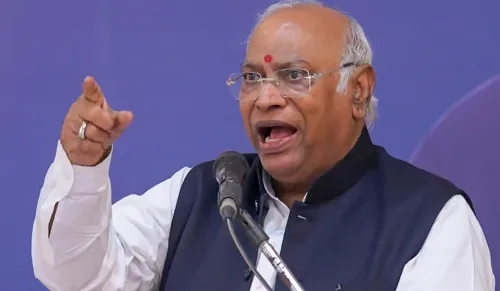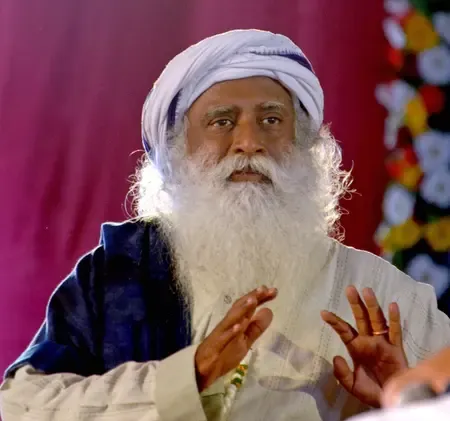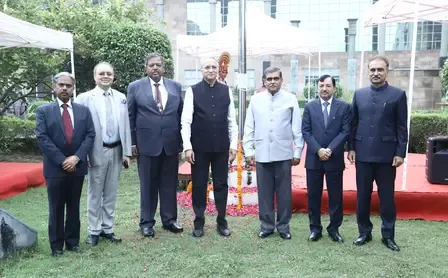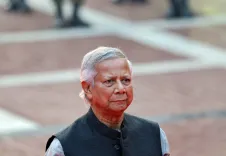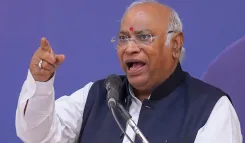Has the Kerala Government Sponsored a Visit by a Spy Suspect?
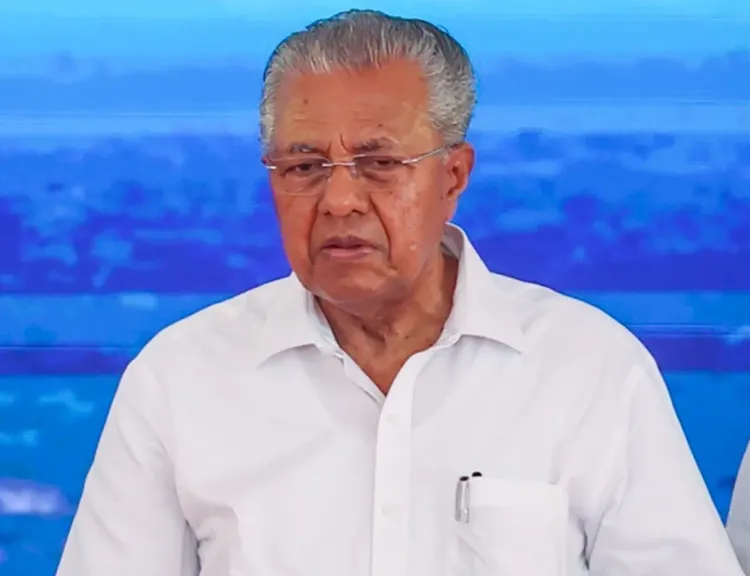
Synopsis
Key Takeaways
- Kerala government faces backlash over influencer espionage case.
- Jyoti Malhotra accused of leaking sensitive information.
- State-sponsored tourism initiative raises security concerns.
- Investigations into possible intelligence-gathering ongoing.
- Calls for stricter vetting of influencers in government programs.
Thiruvananthapuram, July 6 (NationPress) The Kerala government is facing significant backlash following revelations that Jyoti Malhotra, a social media influencer recently apprehended on espionage allegations, participated in a state-sponsored tourism promotion initiative.
Malhotra, a vlogger from Haryana, is currently accused of disseminating sensitive information to Pakistan.
Alarmingly, her entire journey throughout Kerala was financed and organized by the Tourism Department as part of an official influencer outreach campaign.
Documents acquired via the Right to Information (RTI) Act substantiate that her travel, lodging, meals, and filming logistics were managed by a private agency contracted by the department. She was one of 41 influencers chosen to endorse Kerala as a prime global tourist destination.
Throughout her extensive visit, Malhotra explored Kochi, Kannur, Kozhikode, Alappuzha, Munnar, and Thiruvananthapuram. She entered Kerala through Kannur airport after traveling from Delhi to Bengaluru.
Her vlogs showcased Theyyam performances and picturesque locales, shared on her YouTube channel, Travel with Jo, and across other social media platforms. She later returned to Delhi by train.
At the time of her stay, there were no suspicions regarding her actions. However, her arrest in May 2025 under the Official Secrets Act has since cast a shadow over the entire incident.
Central intelligence agencies are investigating if her video content might have been a facade for intelligence-gathering activities. Furthermore, investigators are looking into whether she accessed strategically sensitive locations or maintained communication with Pakistani handlers during her visit.
Compounding the concern, Haryana Police have confirmed that Malhotra visited Pakistan shortly before the terror attack in Pahalgam, Jammu & Kashmir, raising serious questions about her potential connections to ISI operatives.
In light of the controversy, Kerala’s Tourism Minister, P.A. Mohammed Riyas, defended the decision to invite Malhotra to the state, asserting that the program was initiated with good intentions and adhered to precedents established by prior administrations.
“This was part of a broader influencer campaign aimed at promoting Kerala. Everything was conducted transparently and in good faith,” Riyas stated.
“This is not a government that endorses espionage. The media needs to comprehend how government systems operate. No one could have anticipated this outcome.”
However, opposition parties quickly reacted. Both the Congress and the BJP criticized the state's inadequacy in performing thorough background checks on the influencers invited under official programs. They demanded accountability for what they termed a “serious lapse in judgment” that could have jeopardized national security.
The ongoing investigation has sparked a broader discussion surrounding the intersection of tourism promotion and national security. Many are now advocating for more stringent vetting processes for individuals involved in government-sponsored initiatives, particularly those related to sensitive travel routes or infrastructure.
With Malhotra still in custody and the investigation expanding, the Kerala government finds itself on the defensive, striving to manage the repercussions from what is now regarded as one of the most embarrassing intelligence oversights linked to a state-sponsored tourism initiative.

